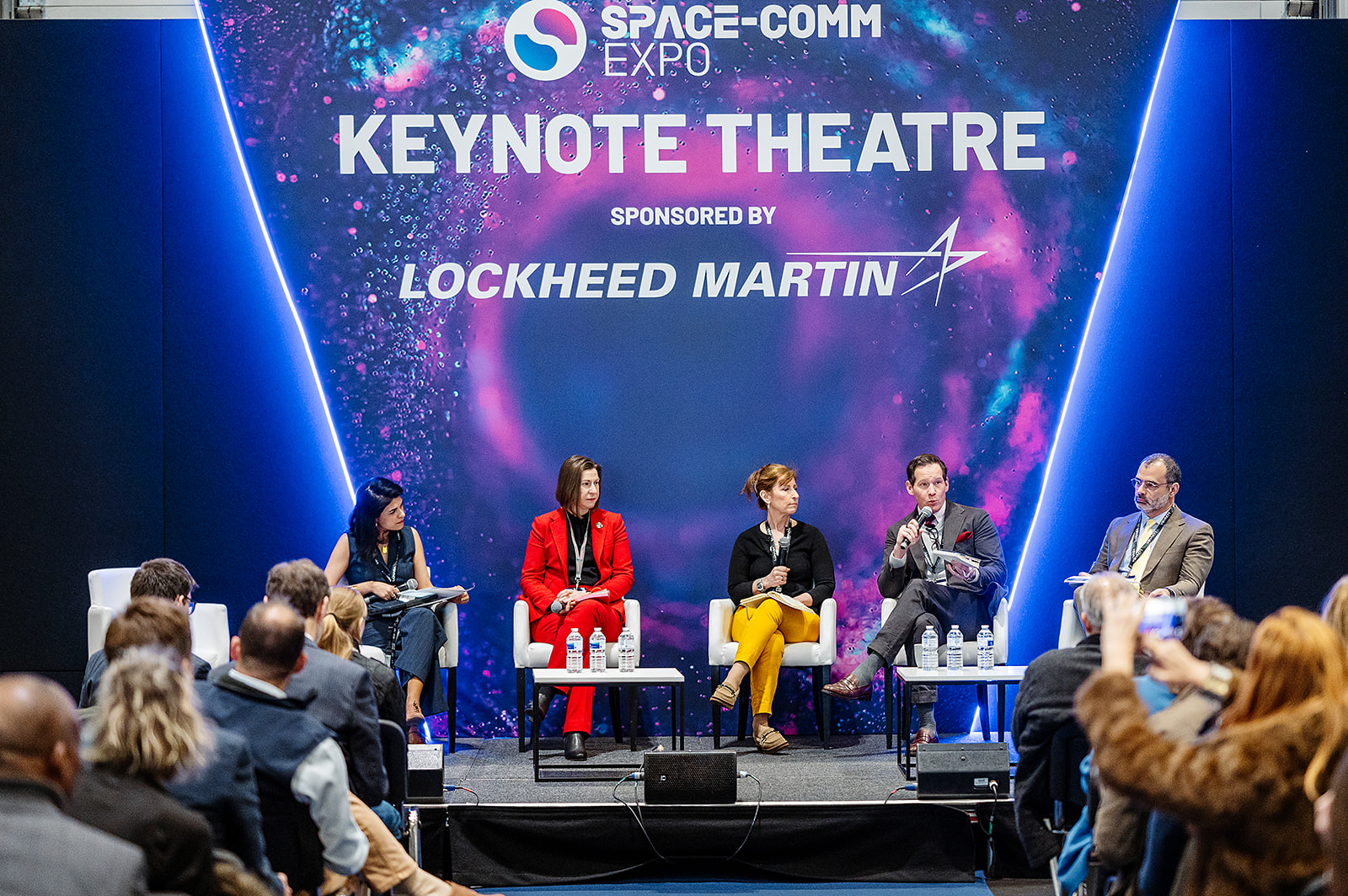Report reveals benefits of space investments

The demanding environment of space means that investments in space generate new knowledge and innovations that extend far beyond the space industry. For example, satellites provide services that enable a wide range of economic activities, supporting industries worth £300 billion to the UK.
The 'Spillovers in the space sector report' was carried out by London Economics on behalf of the UK Space Agency, reviewing the evidence of spillovers in the space industry and assessing the impact of several programmes that have received Agency funding.
The report looks at a number of programmes, including:
Synergetic Air-Breathing Rocket Engine (SABRE)
The UK government committed £60 million of funding to support the development of Reaction Engine’s unique SABRE concept. This is underpinned by a pre-cooler heat exchanger that can cool an incoming stream of air from 1000 °C to – 150 °C in one hundredth of a second. This heat exchanger has applications in a number of markets that also have extreme thermal management needs. Examples include: pre-cooling technology for high-performance automotive; industrial heat recuperation; battery cooling systems; and cooling systems for power stations.
ExoMars
A mission to search for life on Mars, with the UK leading the build of the ‘Rosalind Franklin’ Mars rover. The project developed advanced welding techniques that are now being used to manufacture aluminium cans, saving 12% on raw materials, or £100m in total.
Potential spilllovers include the development of buggies for airport transport which could contribute £10m to UK GDP and navigation sensors in areas with no access to satellite positioning and navigation technologies, which could contribute £7.2m to UK GDP.
Space for Smarter Government Programme (SSGP)
This is a UK Space Agency programme that aims to promote the uptake of space products and services in government and the wider public sector. One example is the ‘Air Quality Hotspot Mapper’ project developed by the University of Leicester and later exploited by its spin-out company, EarthSense.
The spillover benefits included EarthSense data being used to underpin the BBC’s free-to-use ‘MappAir’ service which provides postcode level data on traffic pollution, which was used by 2 million users within the first 48 hours of launching.
EarthSense’s air quality data can also be used to reduce emissions and increase the sustainability of logistics activities for companies.
National Space Technology Programme (NSTP)
This is the Agency’s national capability programme that provides funding to organisations looking to develop space technologies. The second phase of the programme funded 120 projects, with awards totalling £8.4 million. Finding has supported the progression of R&D from early / proof of concept stage towards the end goal of commercialisation. As a result, 80% of project leads were able to report that their project has been de-risked to some degree.
These case studies highlight the critical role of UK grant funding and how, by solving the difficult design challenges of the space environment, space programmes have an important role to play in improving existing technologies on Earth.
The research also found the positive spillover of space projects are usually seen after three to five years, with impacts realised sooner for companies providing downstream services or contract manufacturing services, and longer for companies developing their own products.
The UK Space Agency has also published a report into its Space for Smarter Government Programme (SSGP), which found its projects could support over £40 million in potential annual benefits to the public sector, in terms of operational cost savings (£27.8 million), exceptional cost avoidance (£9.2 million) and catalytic benefits (£4.1 million).
A previous study by London Economics found that the UK gets a £9-16 return to the economy for every £1 of Government investment in the European Space Agency, with £6-12 of this accounted for by spillover benefits to the wider economy.













